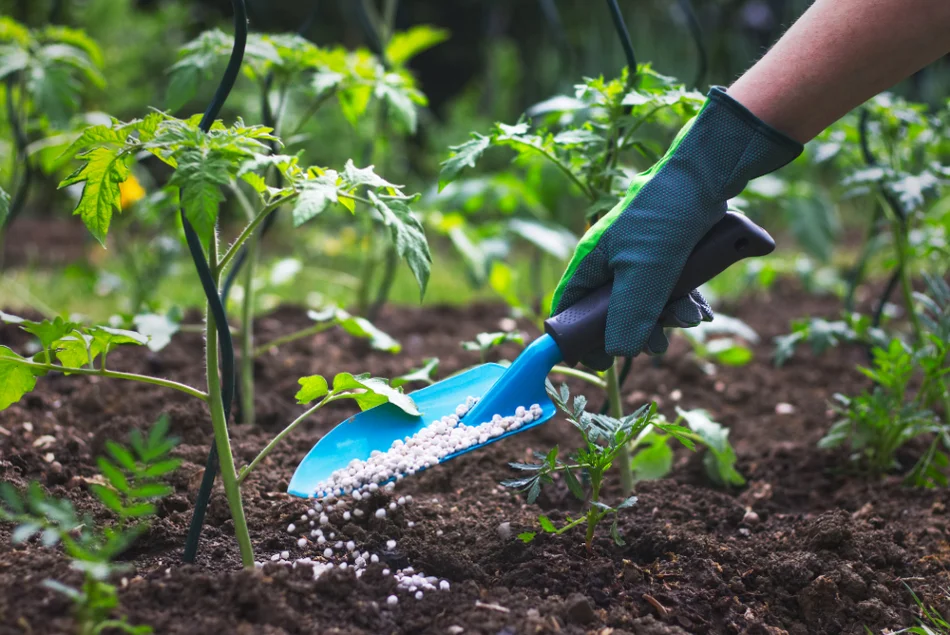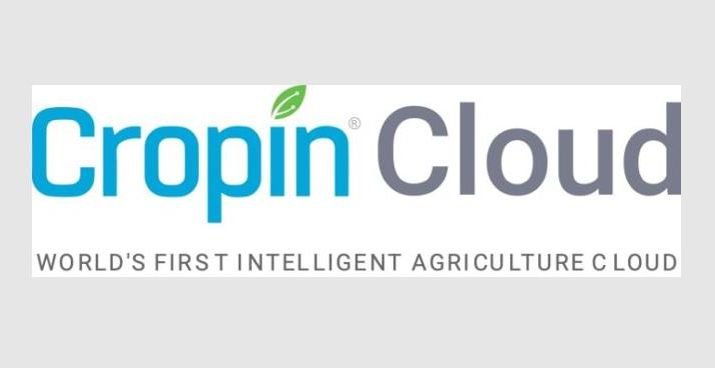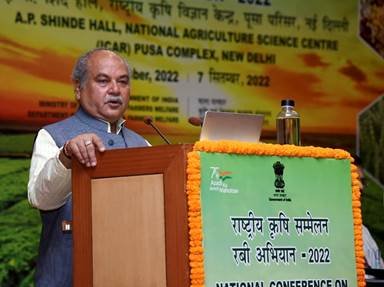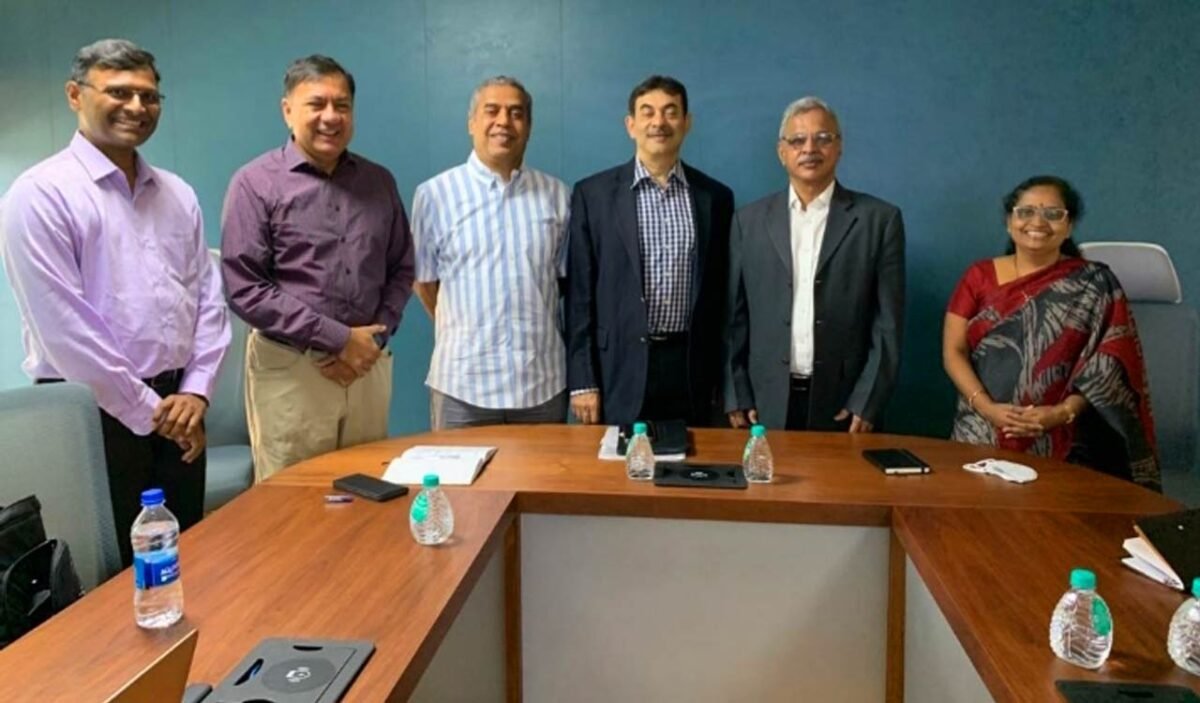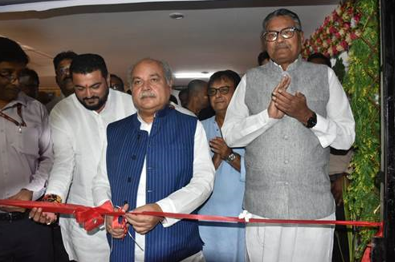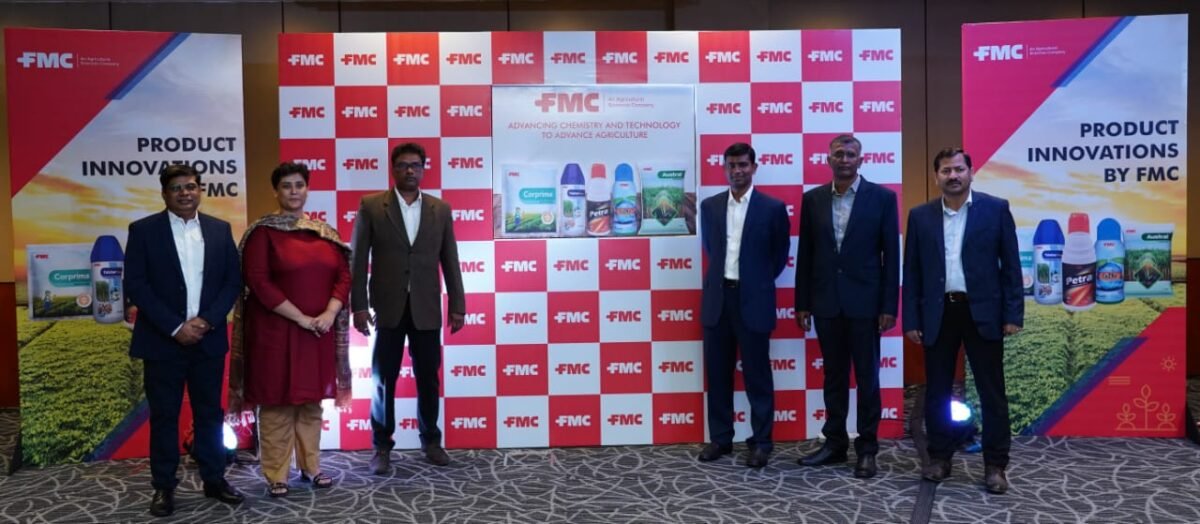PPP model ideal for growth in agri sector: Tomar
Narendra Singh Tomar, Minister of Agriculture and Family Welfare, has launched a Project Management Unit (PMU) on Public Private Partnership (PPP) in agriculture, a joint initiative of the Ministry of Agriculture and Farmers welfare and Federation of Indian Chambers of Commerce & Industry (FICCI). During the announcement, Tomar said that PPP model can be ideal for growth in the agriculture sector and the projects must focus on benefitting the farmers through enhancement of their income.
The primary objective of this PPP initiative is to enhance the income of small farmers by creating additional value, from provisioning of quality inputs, technology extension to market linkages, and value addition. PPP initiatives are also expected to lead to modernising agriculture practices, building climate resilience among farmers, developing agriculture and rural infrastructure, and increasing agricultural exports. A particular objective is to assist the states to unlock the full potential of their respective agro-climatic regions, and wide variety of agri produce and help producers to integrate better with domestic and export markets.
Commenting on the development, Manoj Ahuja, secretary, Ministry of Agriculture & Farmers Welfare stated that the government should play a catalytic role in facilitating investments in the agriculture sector. The private sector and NGOs should come together and partner with the government on such projects which will have a multiplier effect, he added. The announcement was made in the presence of Shubrakant Panda, senior vice president, FICCI who expressed confidence in the PMU initiative accelerating large scale PPP projects in agriculture by leveraging the private sector investments and bringing convergence of government schemes and subsidies. Abhilaksh Likhi, additional secretary, Ministry of Agriculture & Farmers Welfare and other senior ministry officers a were present on the occasion.
Narendra Singh Tomar, Minister of Agriculture and



